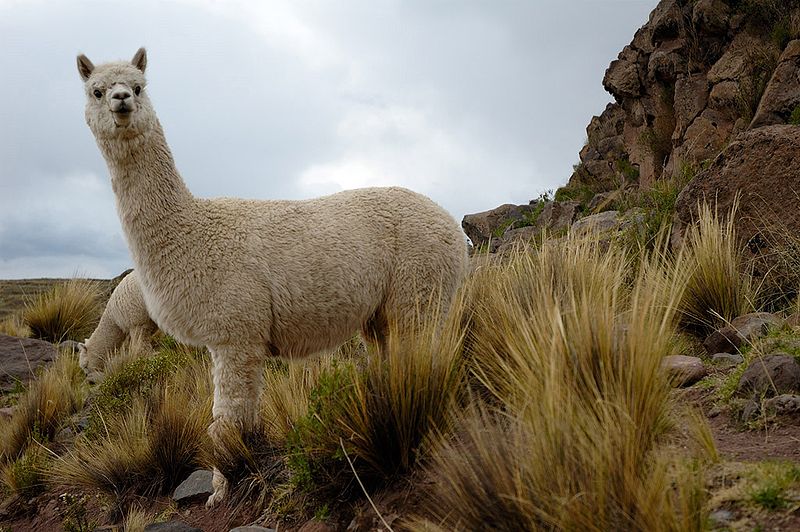
I hope everyone had a great weekend and is looking forward to another exciting week. Today’s Wild Fact is going out to my parents and the most beautiful niece in the world. You see they are planning on taking a trip to visit a local Alpaca farm. I thought it would be a good time to provide them with some information on these domesticated animals.
As I mentioned the Alpaca is a domesticated version of a South American camelid. Yes, a camelid is just a fancy way of saying members of the Camelidae family which includes camels (of course) and llamas among others. The Alpaca basically resembles a small llama in their appearance and are bred for their fiber. No, not like the All Bran type of fibre. Alpaca fiber is used for knitting and weaving blankets, sweaters, hats, gloves, etc. They are the perfect animal for creating all types of clothing since the Alpaca produces high quality and high quantities of fiber.
Amazingly the Alpaca has been domesticated for 1000’s of years and there are no known Alpaca’s living in the wild. Their closest relative is believed to be the Vicuna which resides in the high alpine areas of the Andes. Similar to their Vicuna relatives the Alpaca is a social herd animal that lives in family groups. Their group consists of a territorial “alpha” male, females and of course their young. When they need to warn their family group the Alpaca will make sharp, noisy inhalations that sound similar to donkey sounds. You know, the ol’ hee-haw!
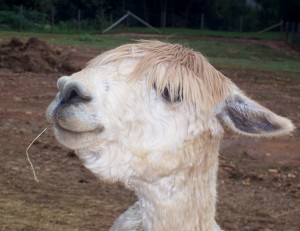
When faced with a predator the Alpaca herd will protect itself by kicking and spitting. It sounds like a similar defense that a 7 year old child has against bullies. Just so you know not all Alpacas will spit, however, they are all capable of doing so. The contents of this spit is usually their acidic stomach content, generally a green grassy mix. Occasionally, their spit will just simply be a mixture of air with a little bit of saliva. Personally, I would prefer to be hit with the latter mixture. Actually, I would prefer not to get spit on.
Alpaca Fast Fact – Most Alpacas do not like to be touched, however, some will tolerate being petted. For the most part many Alpacas will not take kindly to people touching their feet, lower legs and especially their abdomens. I recommend you use caution when you are hanging out with a group of Alpacas.
That is all for today folks. Mom, Dad and Taylor – I hope you have a great trip to the Alpaca farm.

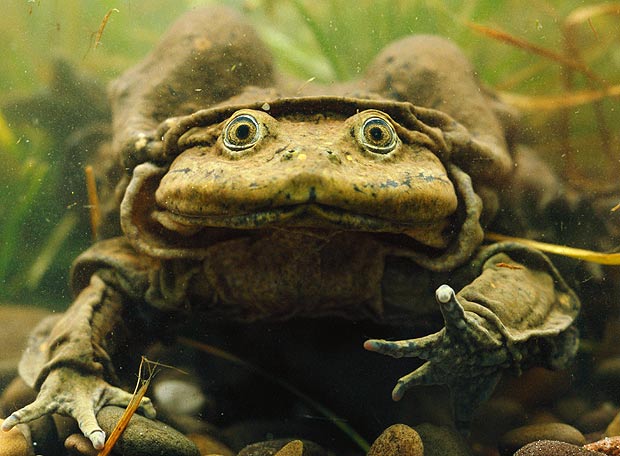


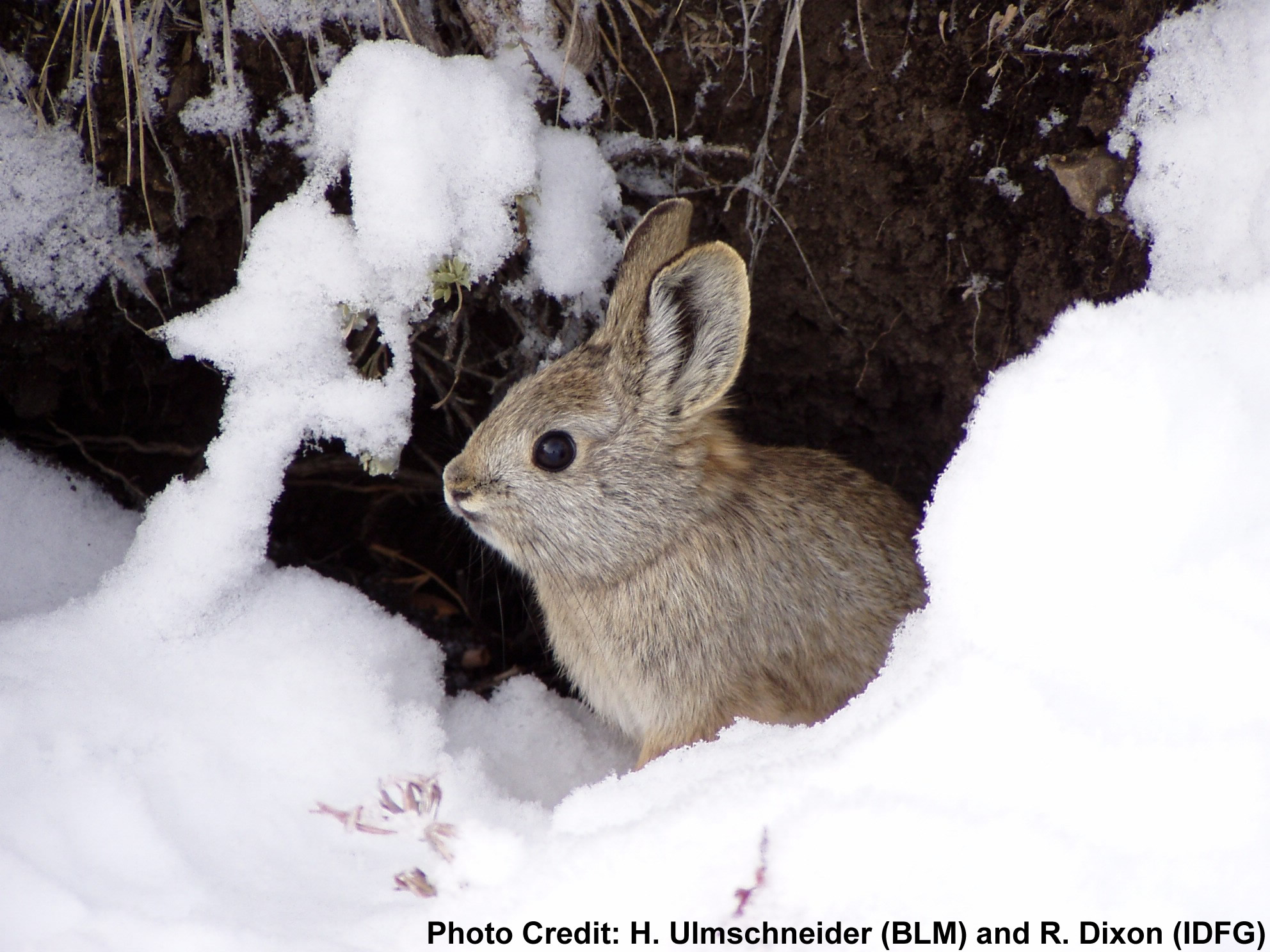
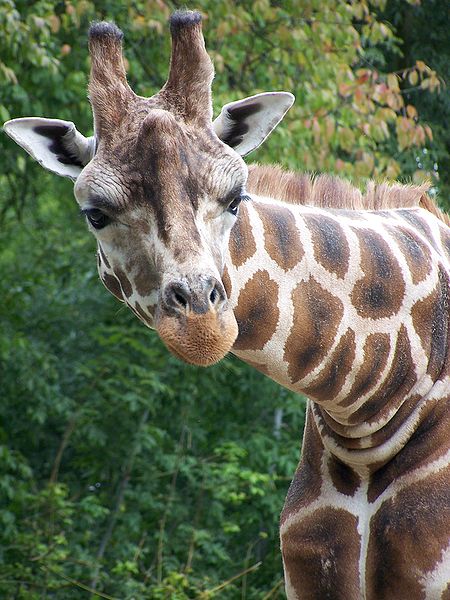
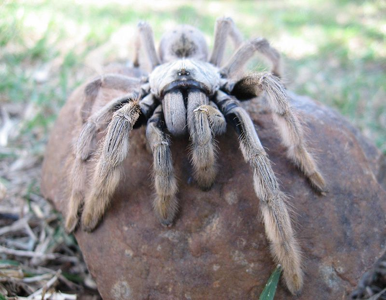
Thank you for doing a wild fact on the Alpaca. It’s quite interesting and we will let you know how it goes today. Taylor also agree that she is your most beautiful niece (ha, ha, ha)
We just came back from “Dream Acres Alpacas” at 5590- Hwy.101 West near Matheson Ontario, if anyone is interested in going. They have beautiful Alpacas (both young and old), we were able to witness two of them having a friendly little disagreement with them doing a little bit of air spitting at each other. Taylor was able to feed them and have one go up and sniff her in the face and then licked me. They also make beautiful products that can be purchased (socks, hats, mittens, yarn etc). I suggest you stop in if you’re in the area.
I am glad you kids had a great time at the Alpaca place. I think they should be hiring you to do their PR work. I am not going to lie to you. I am a little disappointed you guys didn’t get spit on. I think that would have made for a very fun story.
Hi Nathan,
Glad to see you did a little blurb on the alpaca. Met your Mom and Dad and niece at our place and I am very happy to learn that they had a great time even if they got a near miss on the spitting. Alpacas are wonderful creatures to watch and we truly enjoy them. Our alpha male’s name is Pembroke and he won’t let any of the other boys go near the girls. Needless to say that this is causing quite a fuss among the wanna be alphas. We have had a couple of injuries this year due to the males fighting but nothing that a little TLC couldn’t cure.
As your parents mentioned, Dream Acres Alpacas is always open to the public and we are happy to share any information regarding the alpacas. Come over to see our new additions or just to sit and enjoy the grazing alpacas. Of course, you can’t come and see the alpacas without wanting to get your hands on some of our products. Our inventory changes regularly as many items are specially made to order and we don’t produce large quantities – surely unique!!!!
Thanks again
Jo-Anne Burton